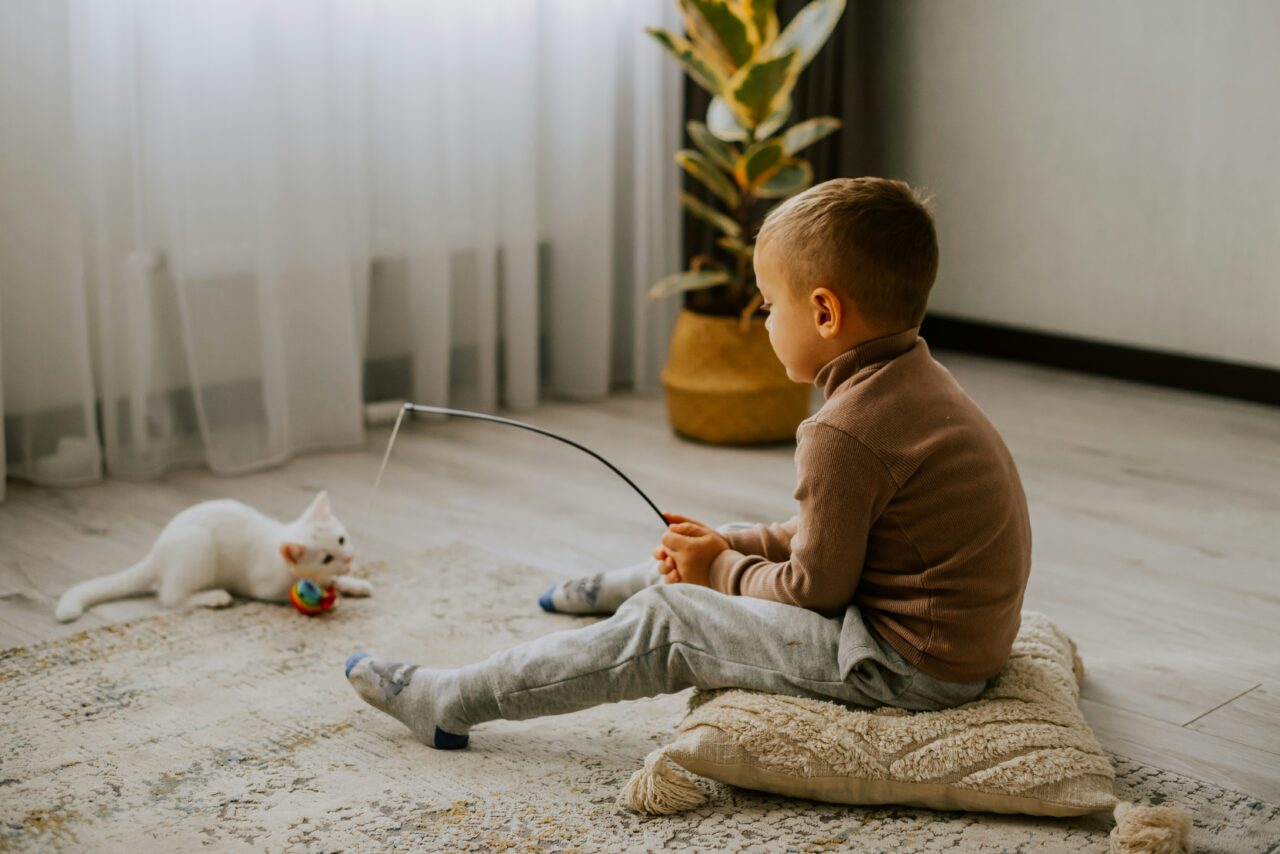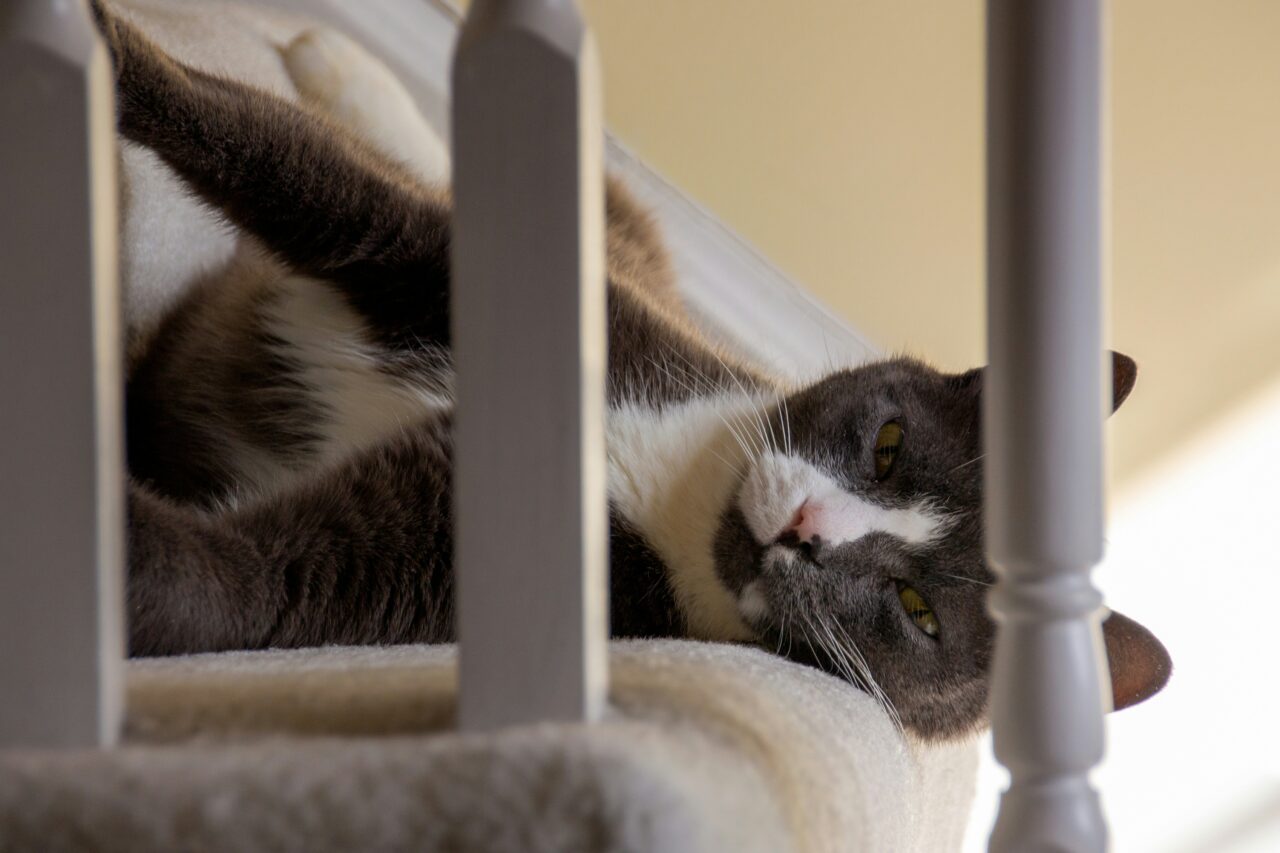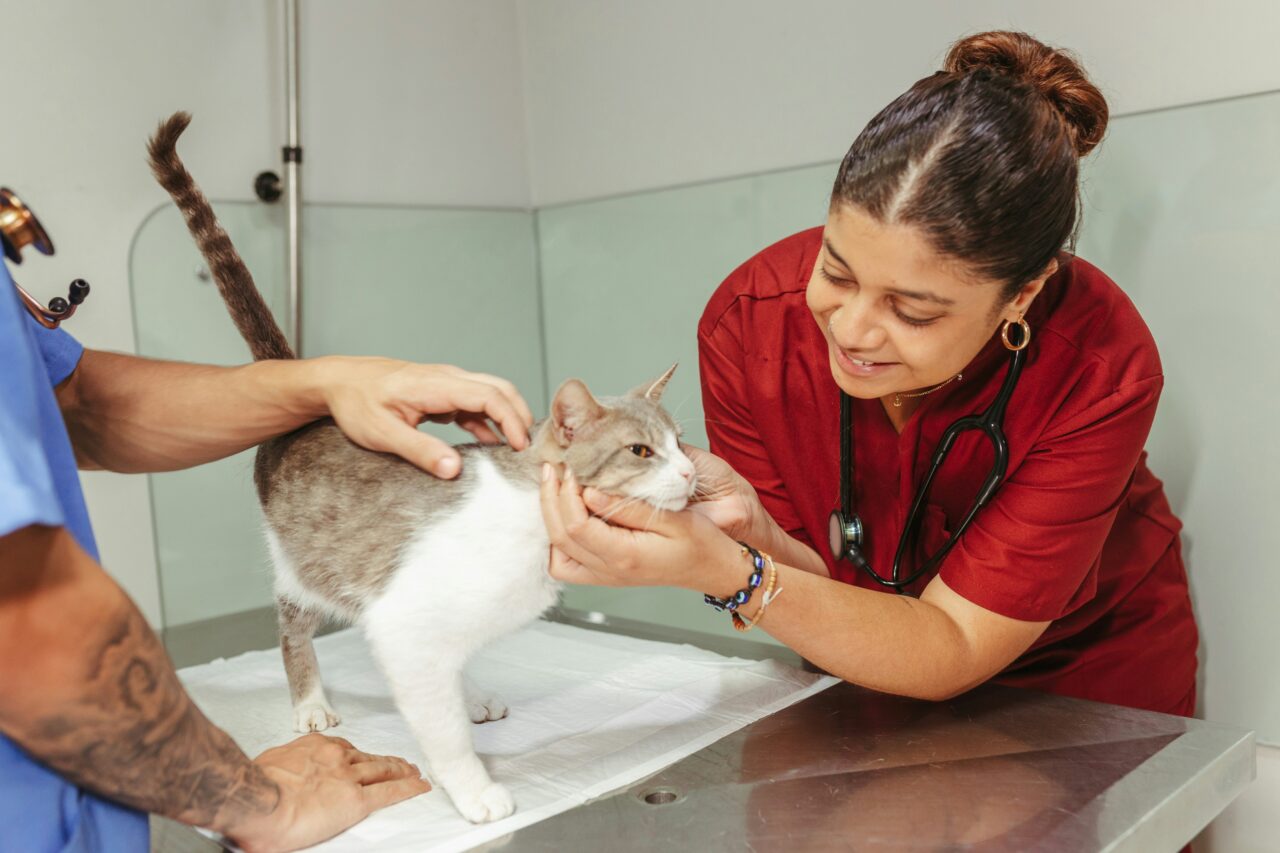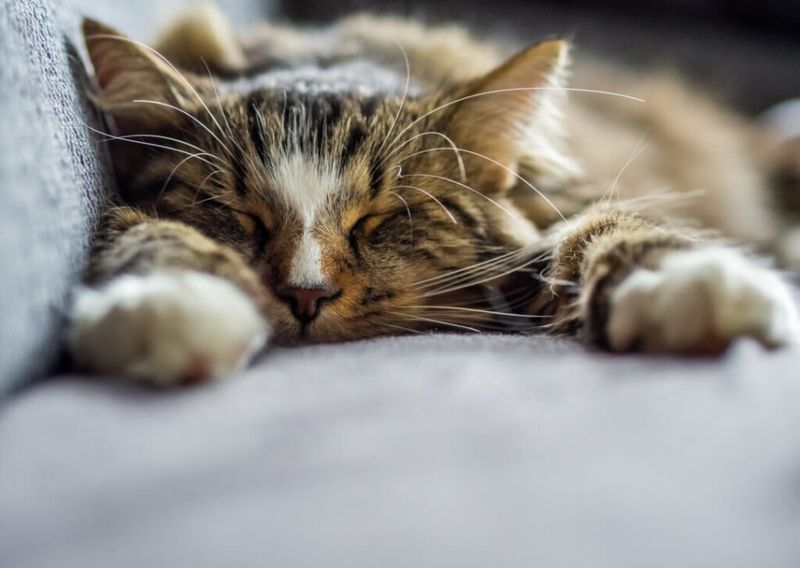📖 Table of Content:
Cats are naturally cautious creatures, and even the smallest changes can send them into a spiral of fear. Whether it’s a new environment, unfamiliar people, or loud noises, understanding how to calm a scared cat is crucial. These 10 solutions will help you create a safe, soothing environment for your feline friend and restore their sense of security.
1. Create Safe Spaces
Cats crave security, and a safe space is one of the simplest ways to calm a frightened feline. Set up cozy hideouts where they can retreat, such as under a bed, in a closet, or inside a covered cat bed. Ensure the area is quiet, free from sudden noises, and away from high-traffic zones. Add familiar items like their favorite blanket or toy to help them feel more at ease.
Avoid forcing them out of their chosen sanctuary; instead, allow them to come out at their own pace. A safe space gives your cat control over their environment, which can significantly reduce anxiety.
2. Use Calming Scents
Cats are highly sensitive to smells, making calming scents an effective tool to soothe their nerves. Feline pheromone diffusers or sprays mimic the natural comforting chemicals cats release when they feel safe. Place a diffuser in rooms your cat frequents, or spray their bedding with a pheromone product. Lavender and chamomile scents, when used in moderation, can also have a soothing effect.
Always ensure any scent used is pet-safe and non-toxic. Over time, these calming scents can help your cat associate their environment with safety and comfort.
3. Speak Softly and Slowly
Your voice can have a powerful impact on your cat’s mood. Speak to them in a soft, soothing tone and avoid sudden movements or loud noises. Cats can pick up on your emotional state, so staying calm yourself is essential.
Reassure them with gentle words, even if they’re hiding or reluctant to come near. Reading aloud to your cat can also create a calming rhythm they find comforting. The consistency of your voice can help build trust and encourage them to relax.
4. Offer Comforting Touch
Physical touch can be incredibly reassuring to a scared cat, but only when done on their terms. Let your cat approach you first; forcing contact can increase their stress. Once they seem receptive, use slow, gentle strokes on areas they’re comfortable with, like their head or back.
Avoid sensitive areas like their belly or tail unless they initiate it. Pay attention to their body language—if they tense up or move away, give them space. Over time, a positive touch can strengthen your bond and help them feel secure.
5. Engage with Play
Playtime can serve as both a distraction and a confidence booster for a scared cat. Use interactive toys like feather wands or laser pointers to engage them in low-pressure, enjoyable activities. Start slowly and allow them to set the pace. Avoid overwhelming them with fast movements or loud toys, which could increase their fear.
As they become more comfortable, their playful instincts will often override their anxiety. Play not only provides mental stimulation but also helps to rebuild trust and positive associations with you.
6. Establish a Routine
Cats thrive on predictability, and a consistent routine can be a powerful calming tool. Feed them, play with them, and provide attention at regular times each day.
Familiar patterns give them a sense of control, reducing anxiety caused by uncertainty, and a reliable routine signals safety and stability, which is especially important for cats recovering from a frightening experience.
7. Use Soothing Music
Music designed specifically for cats has been shown to have a calming effect on anxious felines. Look for tracks with soft, repetitive rhythms and gentle sounds. Classical music or white noise can also help block out startling external noises, creating a more serene environment.
Play the music at a low volume and observe your cat’s reaction to ensure it’s helping rather than causing more stress. Over time, calming music can become a comforting background element in your cat’s safe spaces.
8. Provide Gradual Exposure
If your cat is scared of specific triggers, gradual exposure can help desensitize them over time. For example, if they’re frightened of new people, introduce the person slowly, allowing the cat to observe from a distance. Encourage positive interactions by offering treats or toys during these introductions.
Avoid rushing the process, as forcing exposure can worsen their fear. Gradual, controlled exposure helps your cat develop confidence and reduces the intensity of their reactions to triggers.
9. Seek Professional Help
In some cases, a scared cat may need more than home remedies to overcome their anxiety. Consult a veterinarian or animal behaviorist if your cat’s fear persists or worsens. They can help identify underlying medical issues or provide specialized techniques, such as behavior modification plans.
For extreme cases, your vet might recommend anti-anxiety medications or supplements designed for cats. Professional guidance ensures your cat gets the tailored support they need to feel safe and secure.
10. Calming Pheromone Diffuser
A pheromone diffuser can work wonders for your anxious cat. These devices, when plugged into an outlet, release synthetic pheromones that mimic those cats naturally produce to calm themselves. In just a few days, you may notice a marked improvement in your cat’s behavior.
Many pet owners find these diffusers to be an easy and non-invasive way to reduce anxiety in their furry friends. They are especially useful in stressful situations like moving homes or introducing new pets. It’s a simple, effective way to create a serene atmosphere, helping your cat feel safe and secure.










